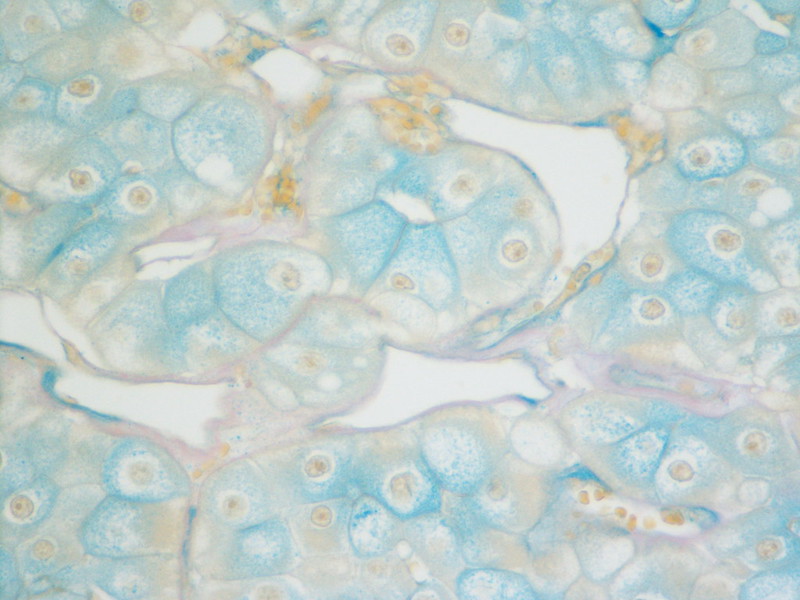
A Merck and Eisai alliance focused on a cancer drug from the latter company is paying off with another regulatory nod. The FDA has approved Eisai drug Lenvima, in combination Merck’s blockbuster Keytruda, as a treatment for renal cell carcinoma, the most common type of kidney cancer.
The regulatory decision announced late Wednesday is the third FDA approval for Lenvima since Merck and Eisai began collaborating in 2018 and the second one covering the combination of the Eisai drug with Keytruda. The pairing of the two drugs brings together two different approaches to treating cancer. Eisai’s Lenvima is a tyrosine kinase inhibitor, a type of cancer drug that blocks enzymes involved in the proliferation of cancer cells. Keytruda is a checkpoint inhibitor that blocks proteins on T cells that keep them from attacking cancer cells.
Lenvima was already approved as a treatment for advanced renal cell carcinoma patients who previously received anti-angiogenic therapy, a drug that blocks the growth of blood vessels feeding cancer’s growth. The latest FDA decision for Lenvima clear the way for its use, alongside Merck’s checkpoint inhibitor, as a first-line treatment.
The new approval for Merck and Eisai is based on results of clinical trials that compared the Lenvima/Keytruda drug combination to sunitinib, which Pfizer markets as Sutent. The FDA approved that small molecule for treating kidney cancer and the drug has become the standard first-line treatment for the disease. In Phase 3 testing, treatment with the Lenvima/Keytruda combination led to statistically significant improvements in how long patients lived without their cancer progressing, how long patients lived overall, and the overall response rate to the therapy. In February, the study results were presented at the Genitourinary Cancers Symposium and published in the New England Journal of Medicine.
The most common adverse reactions reported in the kidney cancer clinical trial included fatigue, diarrhea, muscle pain, a deficiency of thyroid hormones, and inflammation and soreness in the mouth. The safety information on Keytruda’s label warns of the risk of immune system-related reactions, potentially severe or fatal, that may develop in any organ or tissue.
Lenvima won its first FDA approval in 2015 as a treatment for thyroid cancer, then secured the advanced renal cell carcinoma regulatory nod the following year. In 2018, the FDA approved Lenvima as a first-line treatment for liver cancer that can’t be surgically removed. The Lenvima/Keytruda combination notched its first approval in 2019 as a treatment for endometrial carcinoma. Last month, the FDA converted that accelerated approval decision to a regular approval.
When Merck and Eisai began their alliance in 2018, the companies agreed to share in the development and commercialization of Lenvima, as a monotherapy and in combination with Keytruda. Merck paid its partner $750 million up front and committed to pay up to $650 million more for certain option rights. Profits stemming from the partnership are to be shared equally. The agreement also puts Merck on the hook for additional payments to Eisai tied to the achievement of sales and regulatory milestones.
Image by Flickr user cnicholsonpath via a Creative Commons license










